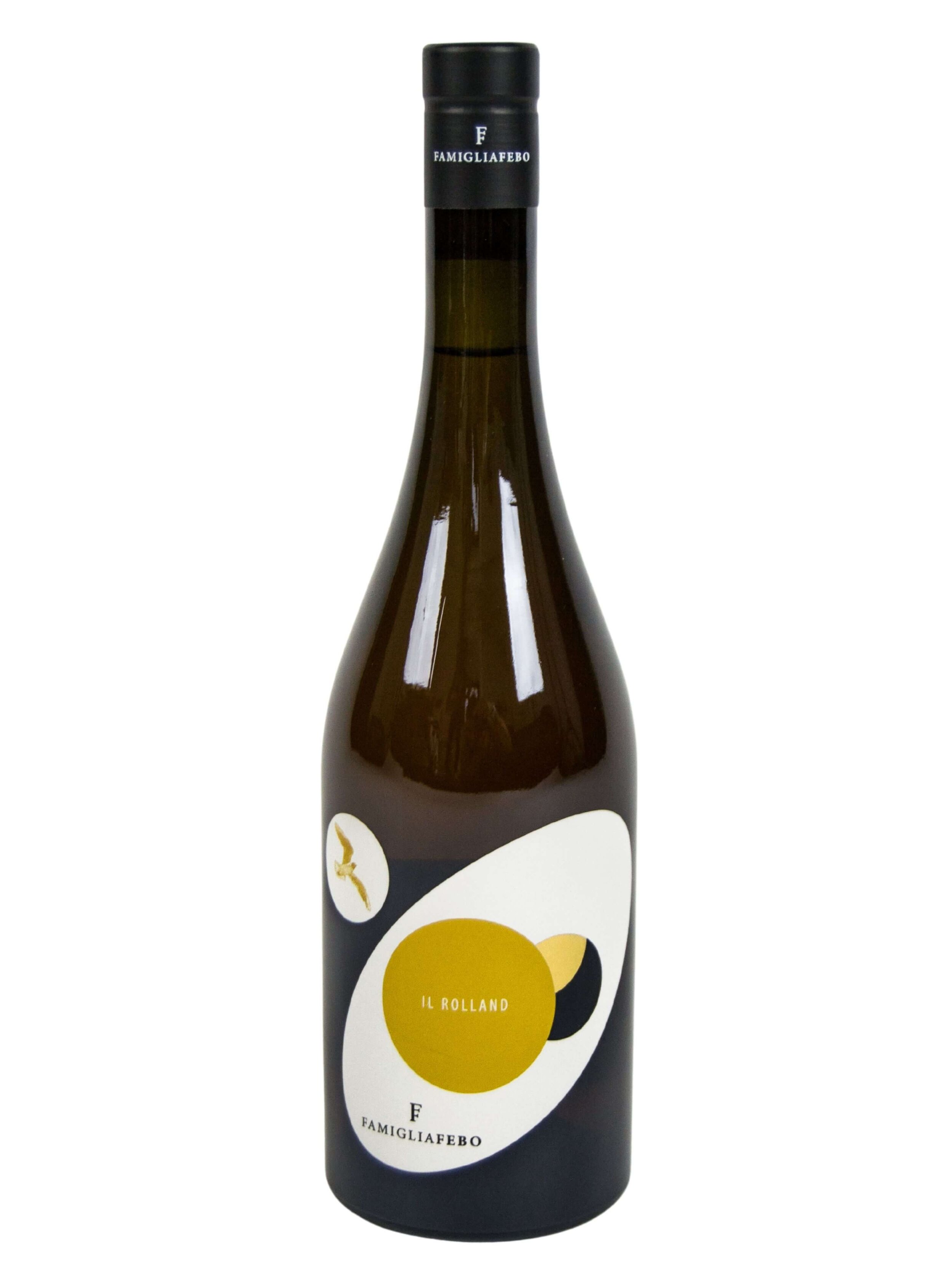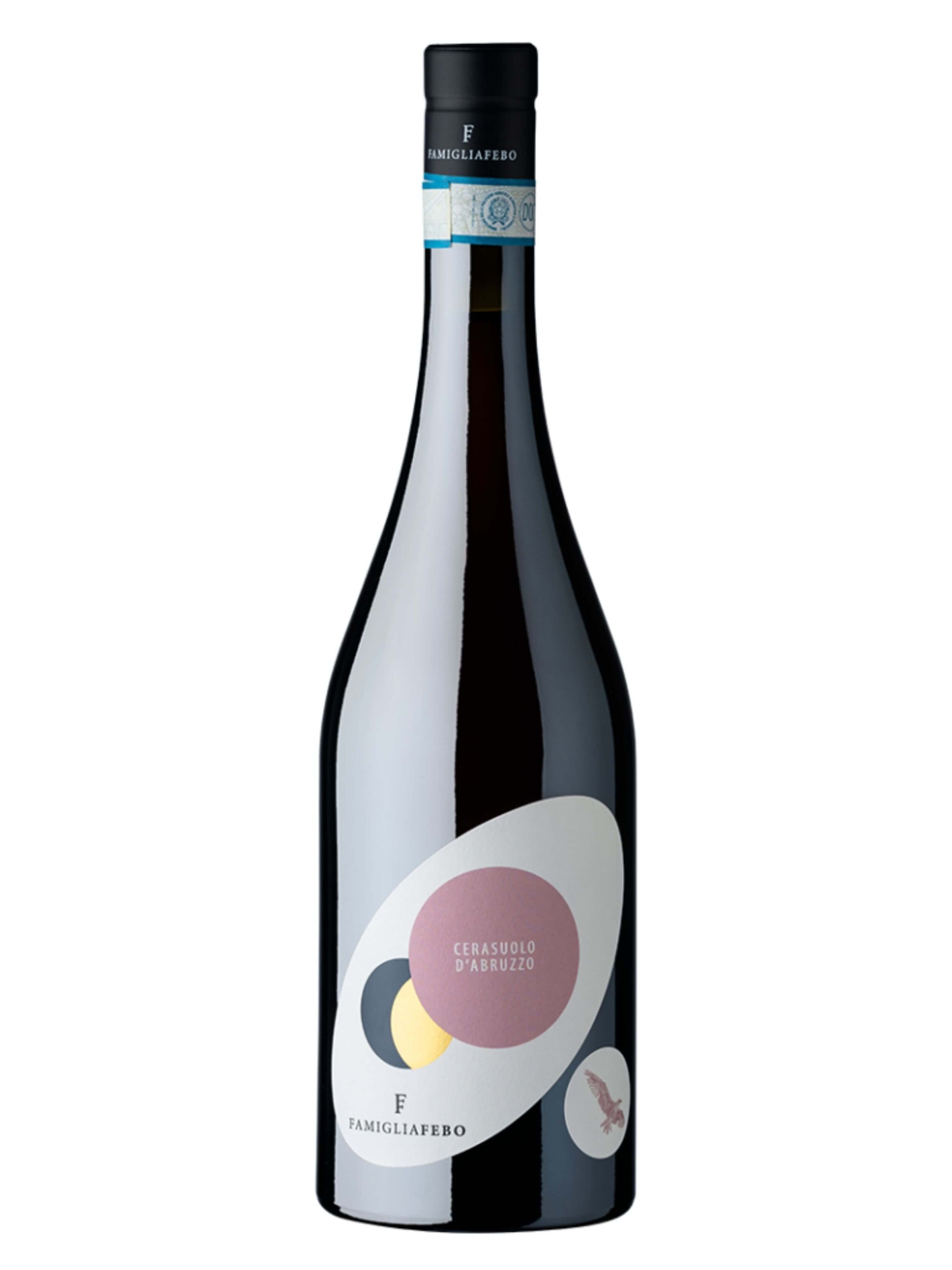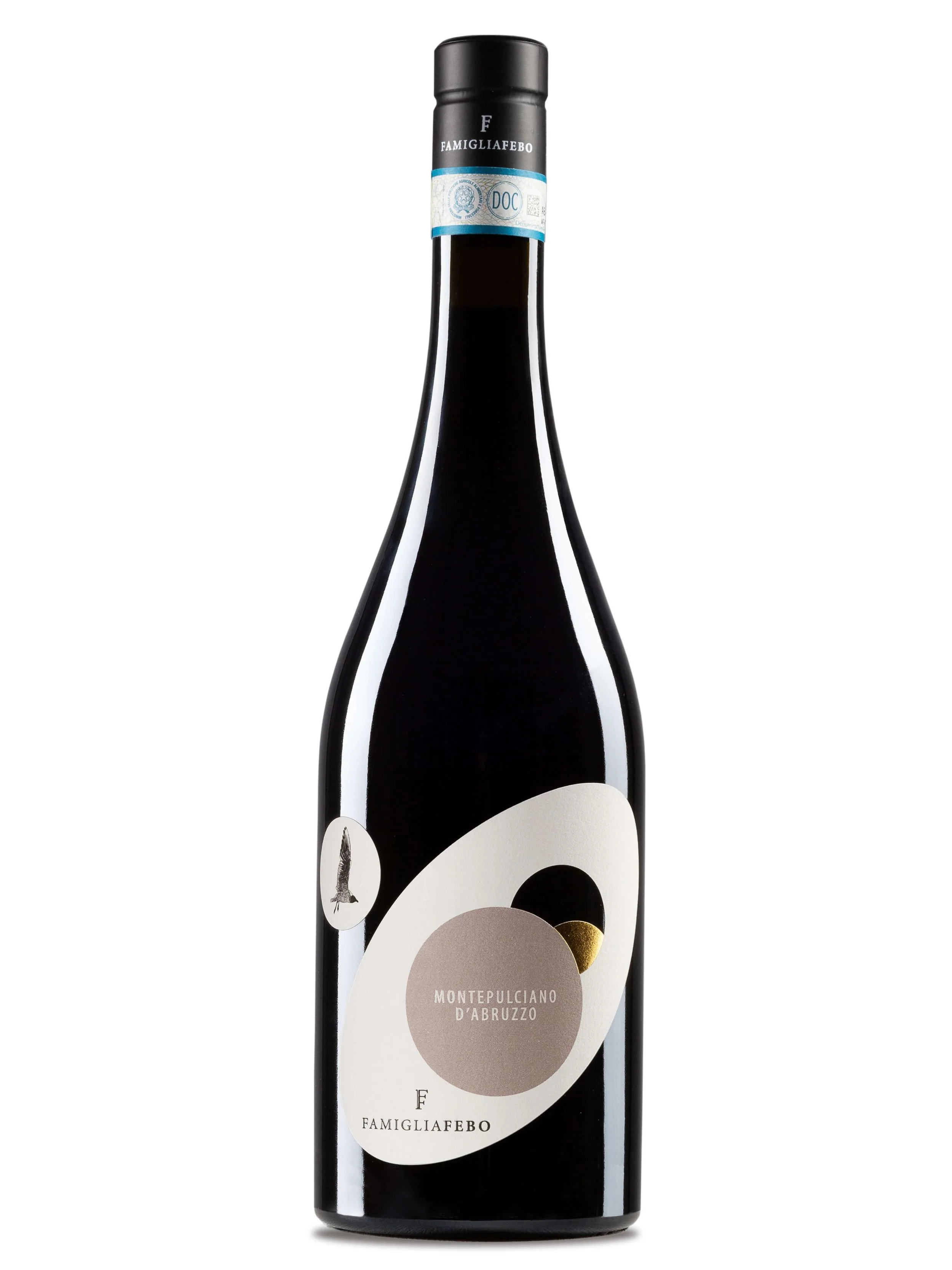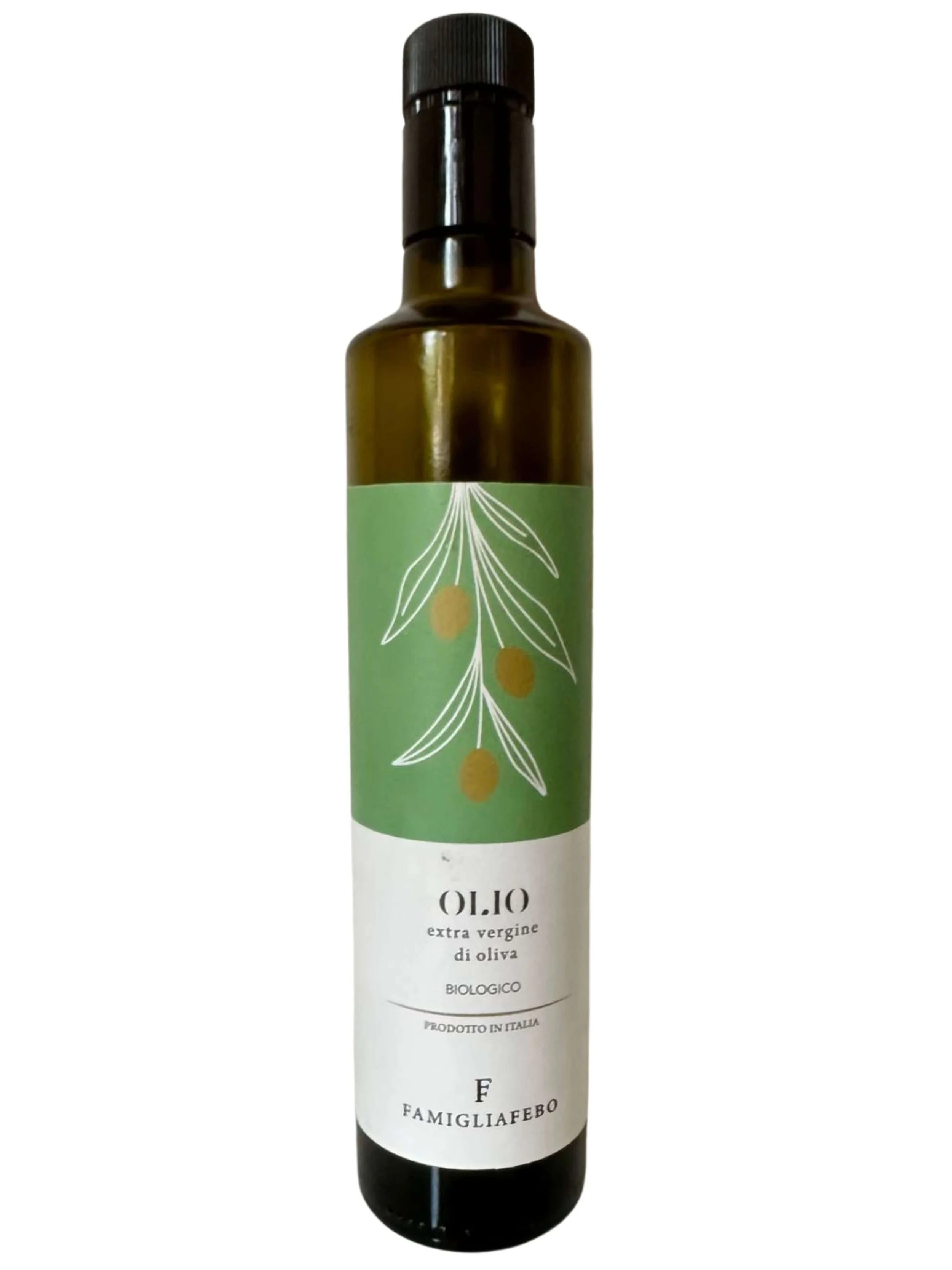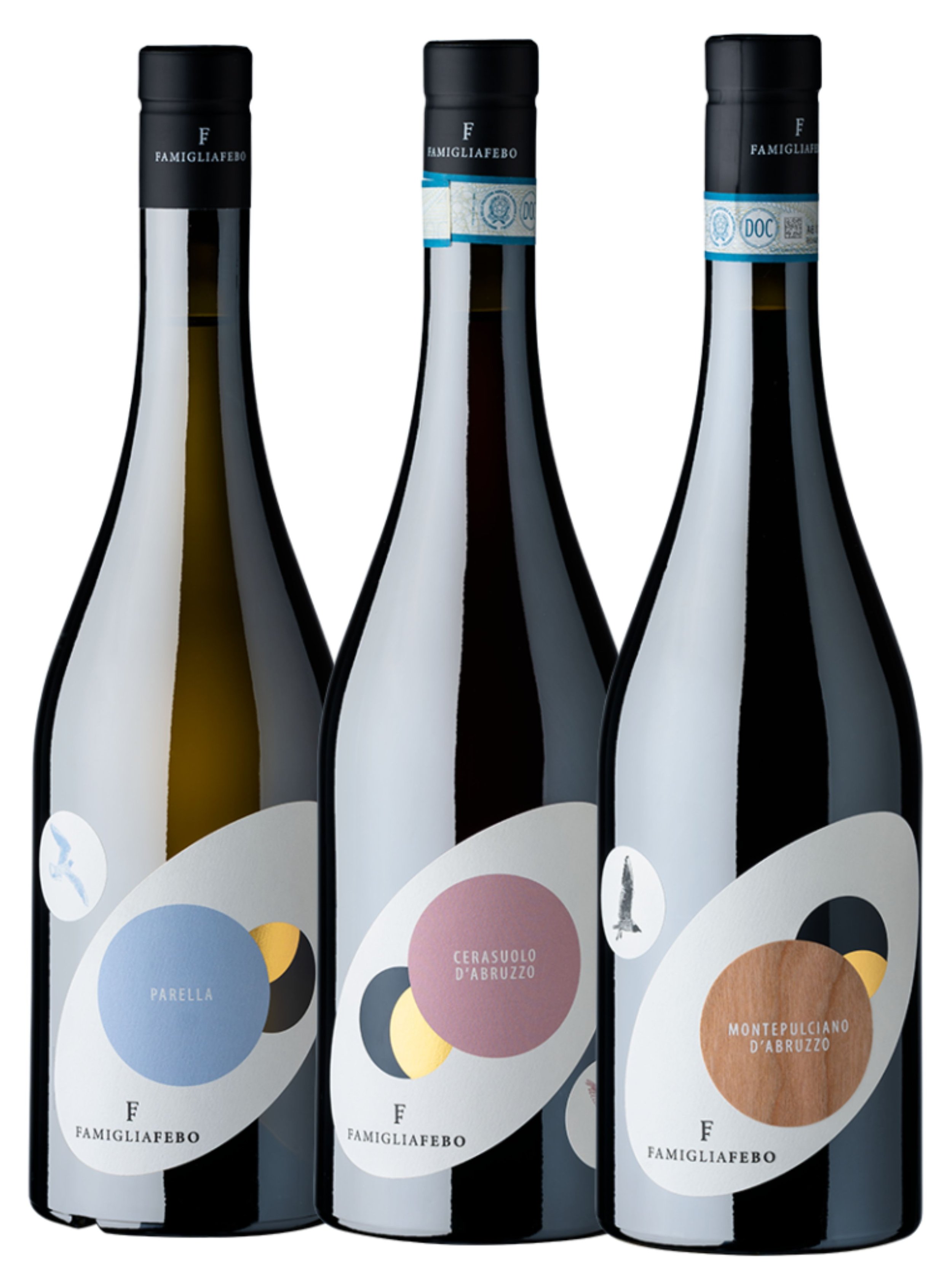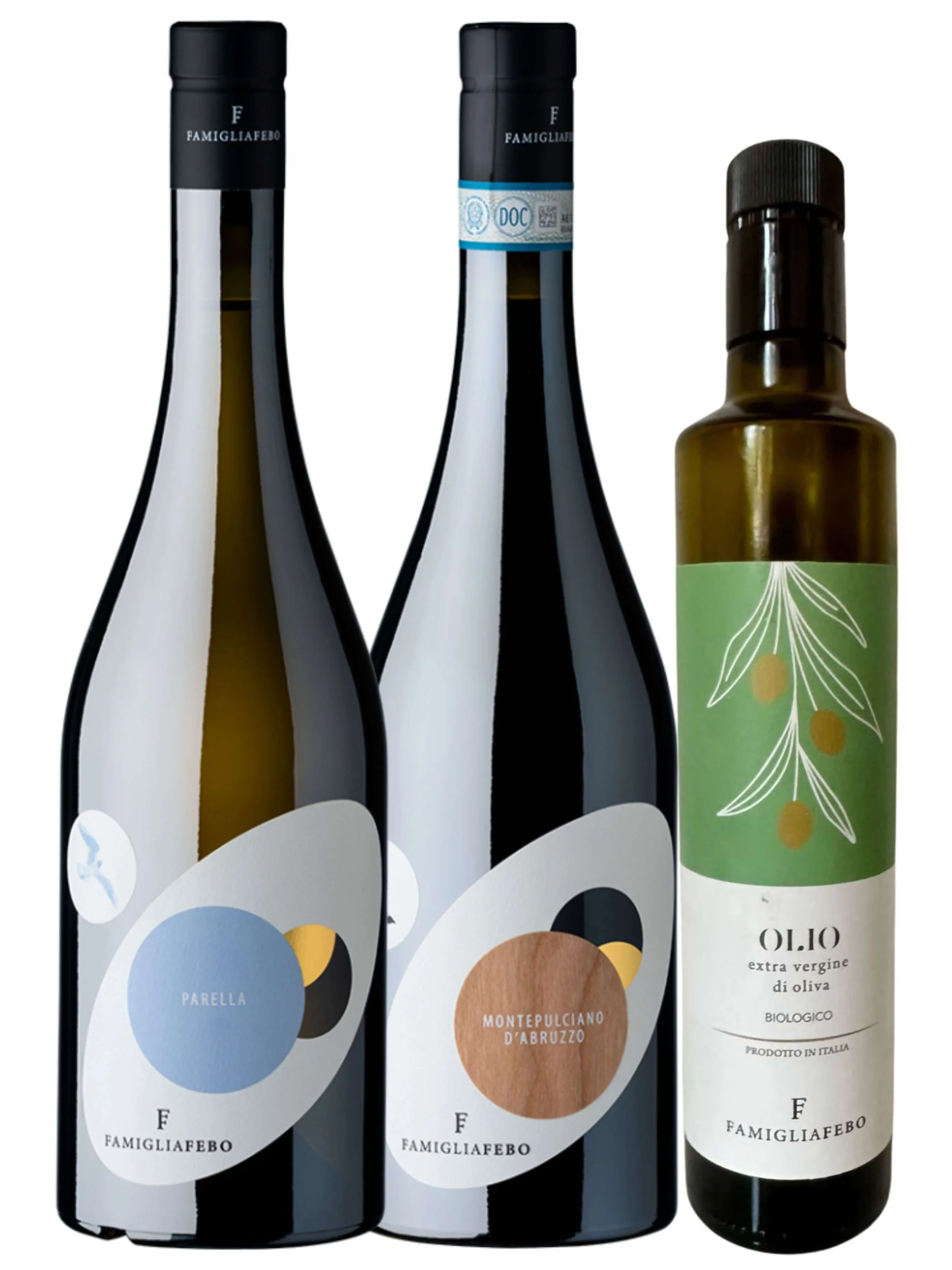The Land of Emigrant Fisherman, Shepherds and Farmers
The Abruzzo (ah-broo-zzoe) region in Italy gets passed over by many tourists. It is nestled in an area that many tourists don’t pass through, but also is a well kept secret in Italy. Just to the east of Rome, along the Adriatic sea, wherever you are in Abruzzo, the sea, hills and mountains are all close by.
Abruzzo was, for many years, a poor region in Italy and has had high levels of emigration. Abruzzesi can be found in all corners of the world.
Yet, growing up in America, I do not remember coming across Italian Americans from Abruzzo. Instead, I would come across Italian Americans from Sicily, Calabria or Campania (where Naples is), whose imprint on America is seen more, especially with their cuisine; ‘Italian food’ that I knew growing up in the US, including pastries, originated primarily from the south western part of Italy.
Abruzzo has great food, wine, history, sights, natural beauty and people. Let’s learn about this lesser known part of Italy.
Why Is It That Abruzzo Remains a Well Kept Secret?
Map of the Kingdom of Two Sicilies up through 1860 with Abruzzo in the top right north east corner.
I have a couple of theories:
1) It’s tucked away along the eastern side of Italy:
Unlike, for example, Tuscany which as a tourist you usually pass through while going between Rome and Venice, unless you tare raveling north-south along the central-south eastern coast of Italy, you kinda have to go out of your way to get to Abruzzo.
2) Abruzzese people are more low key than their neighbors on the south western side of the boot:
Have you ever been to Napoli? I remember the first time, arriving from Bologna on an overnight train, waking up and feeling like I was in a different country, very chaotic and seemingly out of control. Love it or hate it, it’s almost like anything goes in Napoli and the excitement and beauty of the area has helped develop it as a tourist destination, thanks also to the fame of the nearby Amalfi Coast. Arriving in Abruzzo instead is like coming home to grandma’s. It is laid back, quaint, untouched. While the Abruzzese are modest, they are, nonetheless, very warm, generous and welcoming people.
3) It is remains beloved by the people who left it:
Every so often, an Italian will tell me about a grandparent or great grandparent that immigrated to America and afterwards came back to Italy to live. Most often when I hear this, the person is an Abruzzese. In fact the last time I heard this was from Davide and Laura Febo of Febo estate winery talking about their family history. Perhaps because it remains the cherished home to so many Abruzzesi that left the region, it has remained, for the most part, intact and not super developed by tourism?
Is Abruzzo Considered the South of Italy?
This is a touchy subject in Italy amongst Abruzzesi, with often the people from the north of Italy poking fun of the people from the south. Despite Abruzzo being even slightly north east than Rome, which is considered central, or even north Italy, Abruzzo is considered the South. Why is this so? It goes back to the history of Italy; before it was unified in 1861, Italy was made up of kingdoms and Abruzzo was part of the Kingdom of the Two Sicilies, which was considered a kingdom of Southern Italy. As you see in this map of the Southern Italian kingdom, Abruzzo is the upper, northern easternmost corner of this kingdom. Lazio, the region where Rome is based, is to the west of Abruzzo and, as you can see, is excluded from the Southern kingdom.
A Region of Seafarers & Shepherds
Old photo of fishermen pulling in their catch in Roseto degli Abruzzi, courtesy of the Comune of Roseto degli Abruzzi tourist portal
The influence of the sea & land is what has shaped Abruzzo. One of my dear friends that grew up in Abruzzo, Gaia Cioci, remembers her grandmother talking about fishermen that left at sunset to fish on small boats and would arrive back early in the morning, when her grandmother would go and buy fish on the beach.
Many fishermen died at sea. In fact, to this day, the Abruzzese go to a great extent to honor the life of the fisherman. For example on August 15th, the Feast of the Assumption, known as Ferragosto in Italy, in addition to summer celebratory gatherings, the Abruzzese use the holiday to give thanks to God for saving fishermen’s lives. I distinctly remember lying on the beach on Ferragosto while visiting Gaia and hearing prayers being said on a loudspeaker while a priest passes by in a boat with a statue of Mary inside of it.
Just as the sea has had a big impact on the culture and livelihood in Abruzzo, so has the land with agriculture being the top economic driver of the region. Farmers and shepherds abound in Abruzzo. One dish which any Italian would recognize as an Abruzzese dish are lamb spiedini (aka skewers). This tradition came about thanks to the proliferation of sheep raising and shepherds in Abruzzo, and to its hilly and mountainous landscape.
When you go food shopping in Abruzzo, go to the fruit and vegetable vendors and you’ll see the wide variety of local foods that are cultivated. This goes without saying that wine and olive oil also abound in Abruzzo. Learn the story of an Abruzzo family whose livelihood for generations is rooted in agriculture, fom our VeroTalk with the Febos, whose youngest generation, Davide & Laura are showing the bounty of their land and traditions with their natural wines and organic extra virgin olive oils.
The Abruzzese Spirit
The ancient tradition of Transumanza, migrating sheep to greener pastures twice a year between the mountains and the lower lying hilly areas, has shaped the culture in Abruzzo. The poet Gabriele D'Annunzio captures the spirit of the Transumanza and the Abruzzese in his poem ‘I Pastori’ (meaning the shepherds).
The town of Spoltore in Abruzzo seen from one of Febo winery’s vineyards.
It starts with “September, let’s go. It’s time to migrate” referring to the tradition in September of herding sheep to “the wild Adriatic that is green like mountain pastures” after the sheep “drunk deeply from the Alpine fonts so that the taste of their native water may stay in their exiled hearts for comfort.”
This poem cleverly draws parallels to what underlies the history of the Abruzzese which is emigration and immigration, coming and going. Any Abruzzese that leaves their region always comes back. If not physically then in spirit. It helps you also to understand what makes the Abruzzese tick and why you should make it your next destination in Italy. Just make sure you leave enough time there to meet the locals and enjoy the vibe, and of course the wine and food.
Combining all of these factors, you can get the picture that Abruzzo is an authentic more humble part of Italy overshadowed by Rome and more famous Southern Italian destinations but still offering the best that Italy has in terms of food, wines, sights and experience.
Learn more, first hand, about Abruzzo by watching our VeroTalk and interview to meet the Abruzzese family, Davide & Laura Febo, from their winery in Abruzzo.
This article is written by Sheila Donohue, founder of Vero, and an Irish American living in Italy for 20 years.





